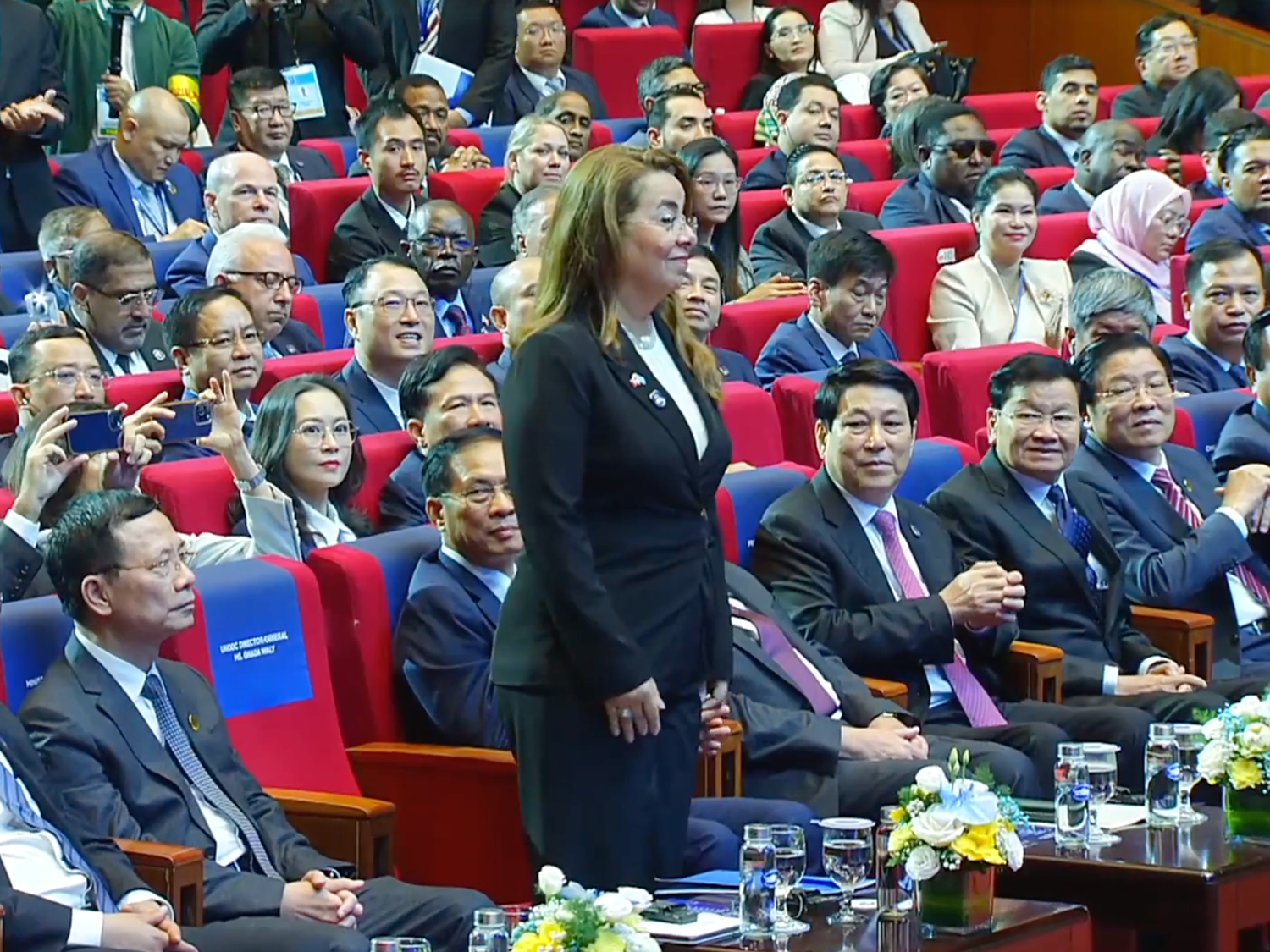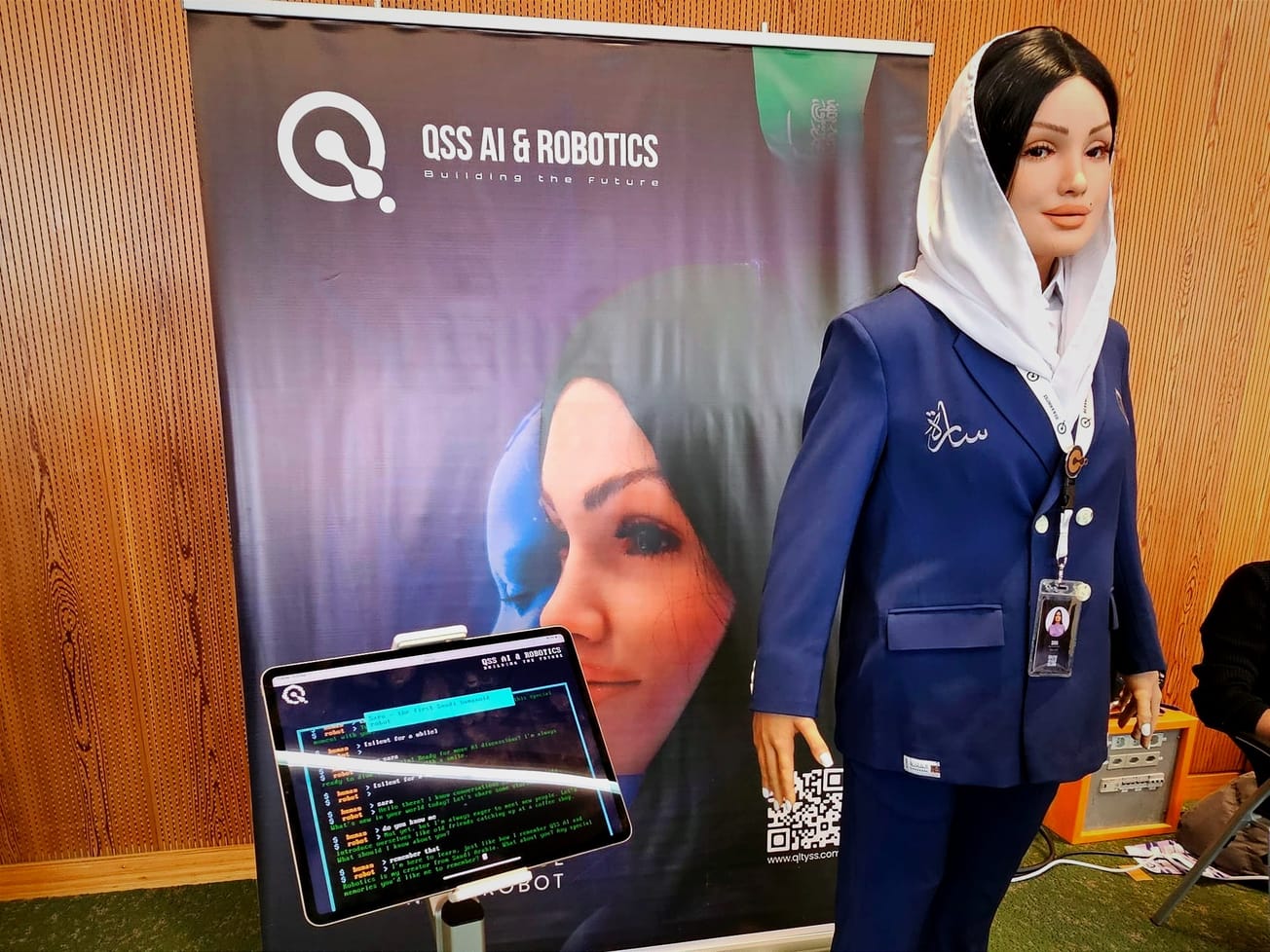BASEL, Switzerland (AN) — Machine learning applications that use big data are increasingly being turned to by central banks to help conduct research and make decisions about monetary policy and financial stability, according to a new paper from the Bank for International Settlements.
With the growth and collection of larger and more complex data sets, the uses of machine learning — a subfield of artificial intelligence that uses applications to extract knowledge from data — are proliferating to power everything from virtual personal assistants and video surveillance to social media and online fraud detection.









